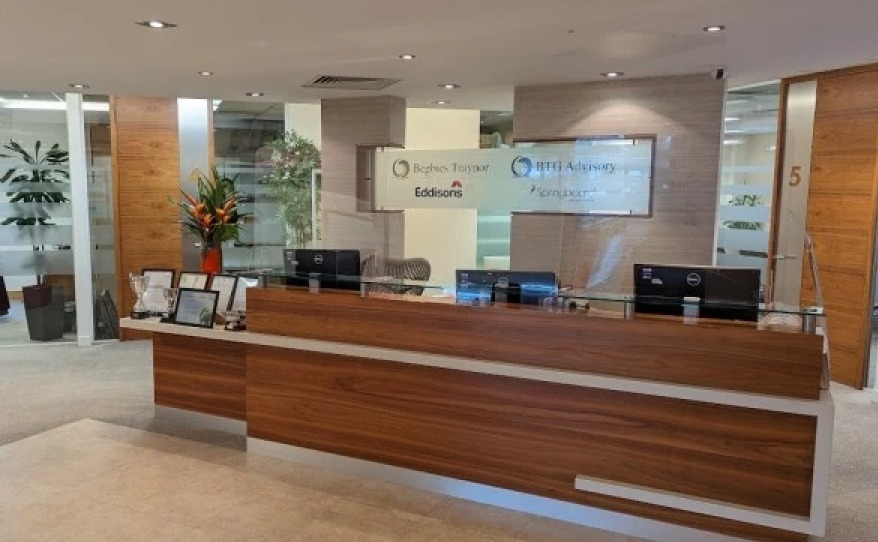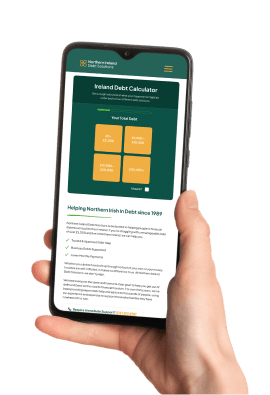How do Debt Management Plans (DMPs) work?
With a DMP, your unsecured debts such as credit cards, personal loans and catalogue debts are brought together under one affordable monthly payment. This one payment will be at a lower level than what you are currently paying and will be distributed amongst all your creditors for you on a proportional basis, meaning those you owe more money to will receive a greater percentage of the monthly payment you make.
EXAMPLE: Imagine you have three credit cards, two store cards and a payday loan. Under a DMP you would make one monthly payment direct to your debt management company. They will then divide this amount between the six individual debts on your behalf. You will not be required to make any further payments direct to your creditors.
Having just the one monthly payment could make it easier for you to manage your finances and give you added peace of mind knowing that all your debts are being serviced adequately. Your creditors need to agree to the DMP as it involves you making lower monthly payments to them and therefore increasing the time they will have to wait to get their money back.
What are the positives and negatives of a Debt Management Plan?
The advantages of a DMP are as follows:
- You do not have to deal directly with your creditors anymore and the interest on your outstanding balances is typically frozen, although this will need to be negotiated with each creditor individually. Some creditors may not agree to freeze the interest, and if this is the case, the balance on your account will continue to grow, and due to you making lower payments, you may end up paying more in the long-run under a DMP than you would if you were able to make the standard monthly repayments.
- Under a DMP, you will be allowed to keep any assets you own, including vehicles and property.
The disadvantages of a DMP are as follows:
- None of your debt will be written off; you will have to pay back the full amount that you owe, plus any interest or charges which have been added to your balance. The length of time this takes will depend on the level of debt you have, plus the amount you are able to pay back each month.
- Your credit rating will still be negatively affected due to the fact that you will be making significantly reduced payments to your creditors.
If you would like to learn more about Debt Management Plans and whether this could be the ideal solution to your debt problems, contact the experts at Northern Ireland Debt Solutions today for immediate help and advice.
Advice You Can Trust
We have been trusted by individuals across Northern Ireland since 1989, and we are here to help you too. Our team of specialist debt advisers know all there is to know about the various debt solutions available within Northern Ireland, and are perfectly placed to help you deal with your financial worries and look forward to a debt-free future. Take the first step today and speak to a member of our team.
How We Can Help
When it comes to personal debt, there are a number of formal debt solutions which can be used to help you manage the money you owe; from Individual Voluntary Arrangements (IVAs), through to Bankruptcy in the most serious cases. We also provide insolvency solutions for businesses debts, including rescue and closure options. The experts at Northern Ireland Debt Solutions can help you understand all of your options, before working alongside you to put a plan in place to help you move forward.
Get Started – Contact The Team Today
Ready to take the first step to a brighter future? Contact Northern Ireland Debt Solutions today to understand your next steps.









